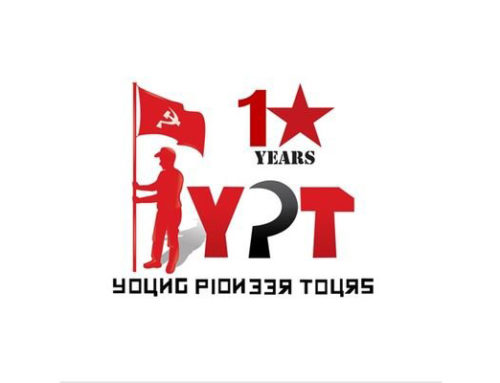This is part three of a four-part story. Look here for parts one and two.
“When you’re on the run,” recounts Tito, “you can’t contact anyone from your prior life. You’re never going back.”
After a childhood friend sold him out to the DEA, Tito was left with little choice but to run. With a prior conviction for tax evasion and a DEA hungry to nail him for evading drug charges in the past, there was very little choice.
“I bought a bunch of plane tickets under different names and flew to different cities. I didn’t want them thinking I’d left the country. Then I got on a train to Mexico.”
Tito had no friends or family he could turn to. He had no ID or official documentation. He was, when arriving in Mexico, a virtual ghost. “I only had two things,” recalls Tito. “Funds, and my contacts in the Cartel.”
Tito was initially reluctant to contact the Cartel, not wishing to bring more heat down on himself. But after spending six months in a fruitless search for a fake passport in Mexico, he eventually caved and contacted them.
Life with the Medellín Cartel
Tito’s Cartel contacts took him to Medellín, stronghold of the infamous Pablo Escobar. At that time, the Cartels basically ran the country. “It was wild,” recalls Tito. “You couldn’t have two guys on a bike because it meant the back guy was a shooter. Mothers sent their kids out without breakfast. If the kids got shot, their moms didn’t want the doctors to waste time pumping their stomachs.”
Tito was soon living with the family of his Spanish teacher, a girlfriend to one of the narcotraficantes. This didn’t last too long; his teacher had a sideline as a Cartel assassin, and she was wounded during a hit gone wrong.
“I was scared shitless living with this people,” says Tito of his Cartel days. “They hooked me up with four or so passports, and I decided it was time to leave.”
Venezuela and Extraordinary Rendition
Tito took the opportunity to spend the next five years travelling the globe on his stolen passports, but it was back in South America that he decided to settle down. When he returned it was to Venezuela, where President Hugo Chavéz’s fiery anti-US rhetoric boded well for Tito. How could the US government get to him in a country so staunchly opposed to them?
For a while, things went well for Tito. He remarried (“A Venezuelan beauty queen and athlete,” he casually informs) and opened a resort catering to rich Europeans. He had no reason to suspect anything was amiss. Until the day of the kidnapping.
“These guys were big, and they weren’t dressed for the beach,” says Tito. He had just stepped out of his resort’s restaurant, and immediately noticed something was amiss. “I looked across the street and saw four SUVs with tinted-out windows. I thought to myself: ‘I gotta go.’”
It was too late, however. The men – paramilitary soldiers – wrestled him to the ground, put a gun to his head, and pulled a black nylon stocking over his head. They threw him into one of the SUVs and took off. The next thing Tito remembers is waking up in a Miami jail cell.
“I didn’t listen to my gut,” says Tito simply. “And I paid the price.”
Stay tuned for the conclusion to Dan ‘Tito’ Davis’s incredible story.






Leave A Comment